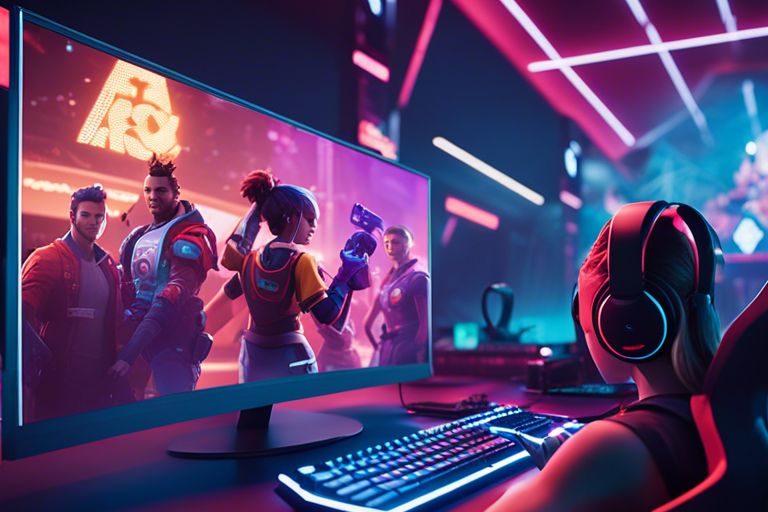Guide: Esports, short for electronic sports, is a form of competitive gaming that has gained immense popularity in recent years. For beginners looking to enter the world of esports, it can be overwhelming due to the sheer amount of information and games available. This quick guide aims to provide a basic overview for those new to esports.
Understanding Esports: Esports involves professional gamers competing against each other in various video games. These competitions can range from small local events to large international tournaments with huge cash prizes. Esports can be played on different platforms such as PC, console, and mobile devices, with popular games including League of Legends, Counter-Strike: Global Offensive, Fortnite, and Overwatch.
Choosing a Game: As a beginner, it’s important to choose a game that interests you and that you enjoy playing. Each game has its own unique mechanics, strategies, and communities, so take the time to explore different options before committing to one. Watching gameplay videos, reading guides, and trying out various games can help you find the right fit for you.
Practicing and Improving: Like any other competitive sport, esports requires practice and dedication to improve. Set aside time each day to play and practice the game of your choice. You can also watch professional players to learn new strategies and techniques. Joining online communities and forums can also help you connect with other players and gain valuable insights.
Participating in Tournaments: Once you feel confident in your skills, consider participating in online tournaments or local competitions. This is a great way to test your abilities against other players and gain valuable experience. Keep in mind that competition can be fierce, so don’t get discouraged by losses and instead use them as learning opportunities to improve.
Building a Gaming Setup: To compete effectively in esports, you’ll need a reliable gaming setup that includes a high-performance computer or console, a comfortable gaming chair, a quality headset, and a fast internet connection. Investing in good equipment can make a significant difference in your gameplay experience.
Networking and Collaboration: Esports is not just about individual skill – teamwork and collaboration are also crucial. Build connections with other players, join teams or gaming communities, and participate in group activities to improve your teamwork skills. Networking in the esports industry can also open up opportunities for sponsorships and partnerships.
Overall, getting started in esports as a beginner requires passion, dedication, and a willingness to learn and improve. By following this quick guide and immersing yourself in the vibrant world of esports, you can begin on an exciting journey towards becoming a successful competitive gamer. Good luck!




